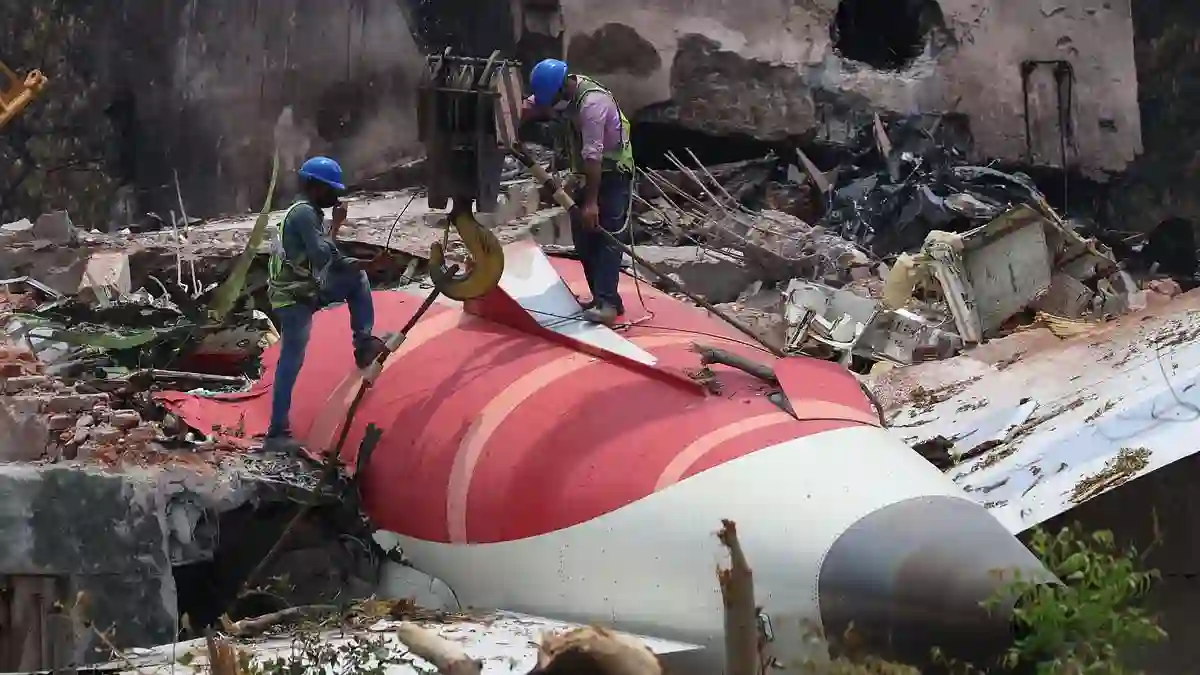Losing a loved one in a tragic accident is already heartbreaking.
But for several British families grieving after the Air India Flight 171 disaster, the pain didn’t stop there.
What was meant to be a step toward closure—bringing their loved ones’ remains home—has turned into an entirely new trauma.
Mistakes in the identification and repatriation process have left families shocked, confused, and desperate for answers.
Heartbreak Deepens With Shocking Mix-Ups
In at least two known cases, families were devastated to learn that the remains returned to them were either misidentified or, even worse, belonged to multiple people.
One family had to halt a planned funeral after learning that the person in the casket wasn’t their loved one.
In another case, remains from more than one crash victim had been mistakenly combined into a single coffin.
These unsettling discoveries only came to light thanks to DNA testing conducted by West London coroner Dr. Fiona Wilcox, who flagged discrepancies when cross-checking identities with family samples.
Families Left in Limbo
Aviation lawyer James Healy-Pratt, who represents several of the affected families, said many were already suspicious of the chaotic response they witnessed in India.
He’s now investigating how such catastrophic identification errors could have happened in the first place.
“Some of these families received the wrong remains, and they’re distraught,” he said.
One group—referred to as “Family X”—was left with no one to bury, raising heartbreaking questions about who actually lies in the casket they were given.
A Chain of Mistakes From Crash Site to Coffin
The tragedy began when Air India’s Dreamliner crashed shortly after takeoff from Ahmedabad, killing 261 people—52 of them Britons.
Local teams in India worked tirelessly in intense heat to recover bodies, but the conditions made proper identification extremely difficult.
Many remains were severely burned or fragmented.
Though families were asked to provide DNA or dental records, some say they were simply handed a plastic container labeled with a number and expected to accept it as truth—with no way to verify who was really inside.
Growing Frustration With Official Responses
Despite claims by Indian authorities that DNA confirmations were complete by late June, many families say communication has been poor and accountability lacking.
Some are calling for an independent British-led identification process, citing a lack of transparency and control in the aftermath of the crash.
As lawyer Healy-Pratt continues his investigation, families are also turning to their MPs and the UK government to demand answers.
With Indian Prime Minister Narendra Modi visiting London soon, the issue is expected to be raised at the highest levels.
Grief Compounded by Bureaucracy
This situation has left already heartbroken families feeling helpless.
“They were British citizens—they deserved better,” one relative said.
While some families, like those who quickly buried their loved ones in India due to religious customs, avoided the repatriation chaos, others remain trapped in confusion and pain.
The Fight for Clarity and Closure
Healy-Pratt is now working to trace every step of the process—from the crash scene in Ahmedabad to the delivery of remains in Britain.
Families hope that by exposing these failures, future tragedies won’t be made worse by mishandled procedures.
Until then, some are left waiting—not only for justice but for the chance to properly say goodbye.
